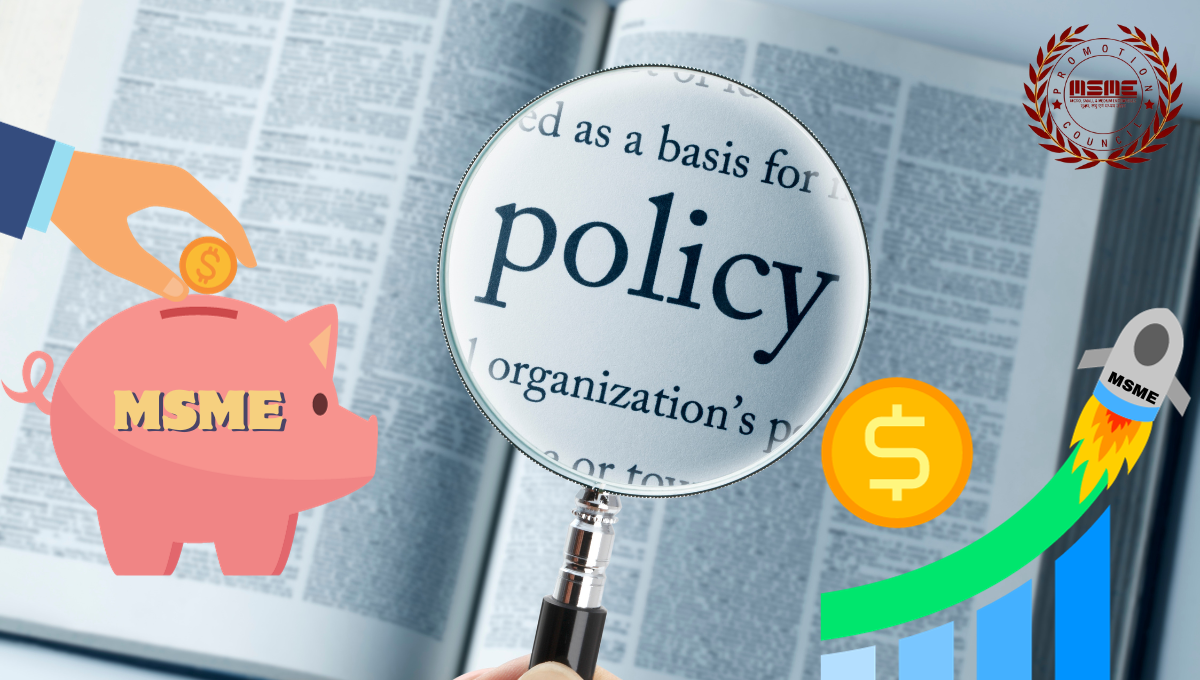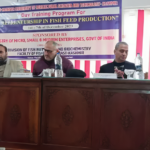
Bangkok, Thailand – Micro, small and medium-sized enterprises (MSMEs) play a vital role in the economies of Asia and the Pacific, contributing to a significant share of GDP and employment. However, MSMEs often face challenges in accessing finance, markets, and technology.
Policy and data support are essential for boosting MSMEs in Asia and the Pacific. Governments can implement policies that create a supportive environment for MSMEs, such as simplifying regulations, providing tax incentives, and investing in infrastructure. Data can be used to identify the needs of MSMEs and to design and implement effective support programs.
Policy support for MSMEs
Governments in Asia and the Pacific have implemented a range of policies to support MSMEs. These include:
- Simplifying regulations: Governments can simplify regulations and reduce the administrative burden on MSMEs. This can be done by streamlining business registration and licensing procedures, and by reducing the number of inspections and audits.
- Providing tax incentives: Governments can provide tax incentives to MSMEs, such as lower tax rates and tax breaks for investment and research and development.
- Investing in infrastructure: Governments can invest in infrastructure that supports MSMEs, such as roads, bridges, and telecommunications networks.
- Providing financial support: Governments can provide financial support to MSMEs through loan guarantees, credit subsidies, and venture capital funds.
- Supporting skills development: Governments can support skills development programs for MSME employees. This can help MSMEs to improve their productivity and competitiveness.
Data Support for MSMEs
Data can be used to support MSMEs in a number of ways. For example, data can be used to:
- Identify the needs of MSMEs: Governments can use data to identify the specific needs of MSMEs in different sectors and regions. This information can be used to design and implement targeted support programs.
- Monitor the performance of MSME support programs: Governments can use data to monitor the performance of MSME support programs and to make necessary adjustments.
- Make informed policy decisions: Governments can use data to make informed decisions about policies that affect MSMEs. For example, data can be used to assess the impact of tax policies and regulations on MSMEs.
Challenges and Opportunities
Despite the progress that has been made, MSMEs in Asia and the Pacific still face a number of challenges. These include:
- Access to finance: MSMEs often struggle to access finance from banks and other financial institutions. This is due to a number of factors, including a lack of collateral and high interest rates.
- Access to markets: MSMEs often have difficulty accessing domestic and international markets. This is due to a number of factors, including a lack of information about market opportunities and high trade costs.
- Access to technology: MSMEs often lack access to the latest technologies. This can make it difficult for them to compete with larger companies.
Despite these challenges, there are also a number of opportunities for MSMEs in Asia and the Pacific. The region is experiencing rapid economic growth and urbanization, which is creating new markets for MSMEs. Additionally, the growth of e-commerce is providing MSMEs with new opportunities to reach global markets.
Conclusion
Policy and data support are essential for boosting MSMEs in Asia and the Pacific. Governments can play a vital role in creating a supportive environment for MSMEs and in helping them overcome the challenges they face. By implementing effective policies and investing in data collection and analysis, governments can help MSMEs to grow and thrive, which will contribute to the economic and social development of the region.






